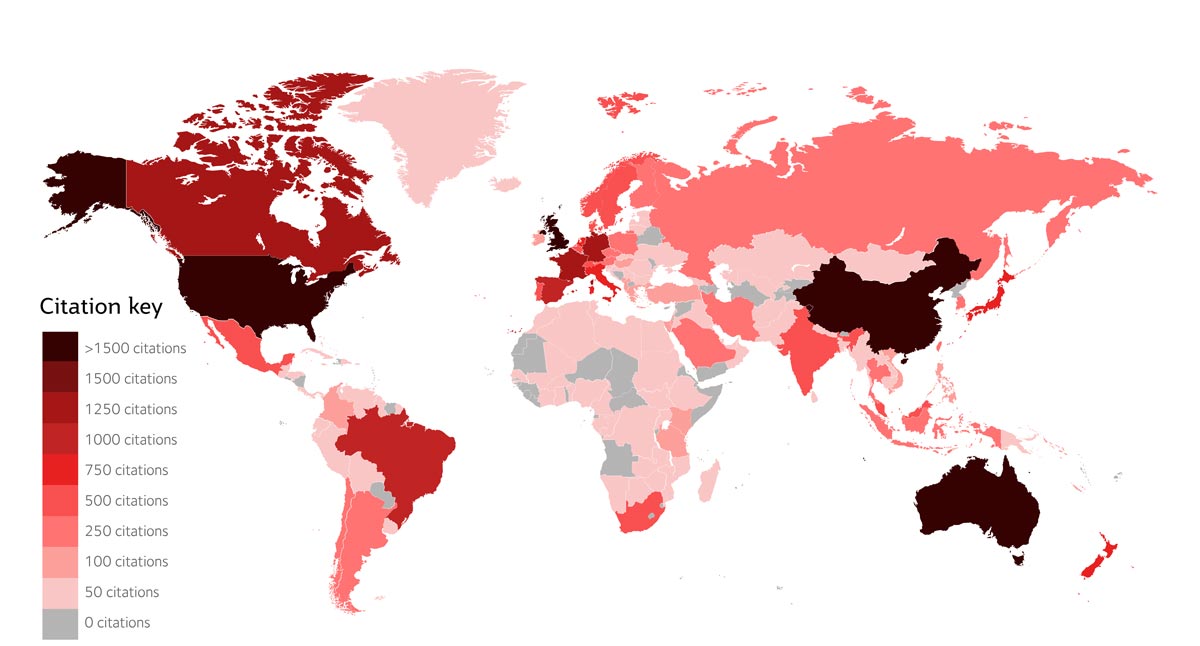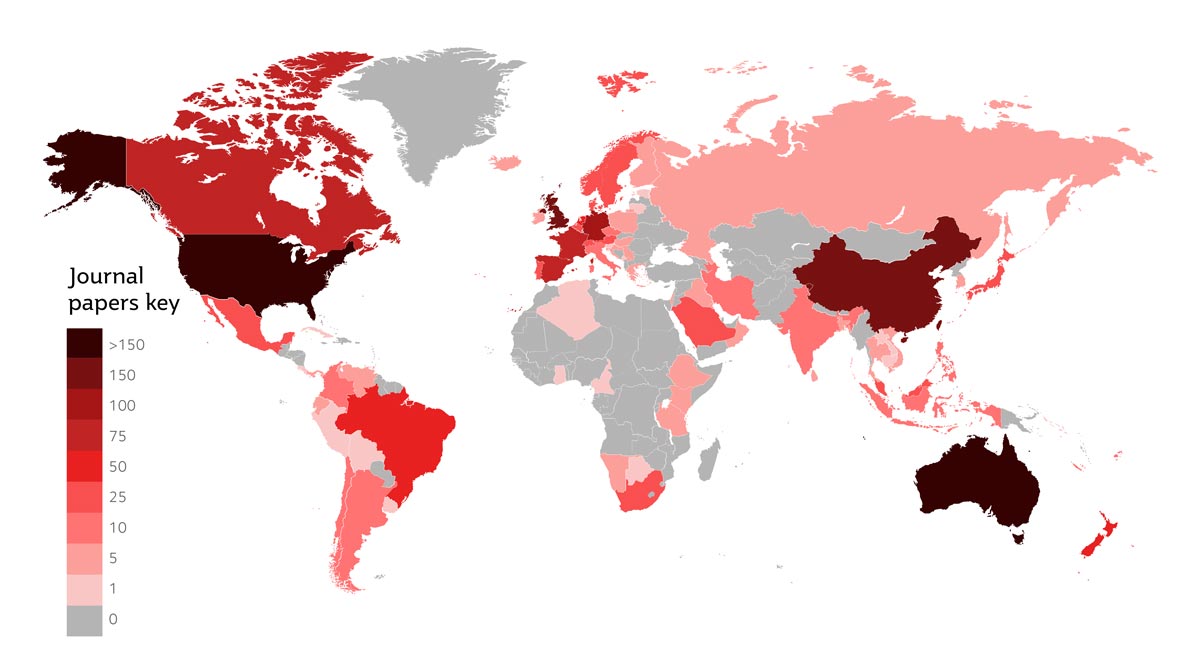Creative, collaborative and connected research in water sustainability
We face an existential threat to the sustainability of our water resources. Climate change, population growth and historical land management practices are compromising the provision of safe and clean drinking water and causing a rapid decline in freshwater biodiversity.
Our research tackles these critical issues, focusing on rebuilding resilience in aquatic ecosystems and delivering breakthrough solutions to mitigate droughts, floods, soil erosion and the loss of arable land, restore natural habitats and sequester carbon.
Our researchers work at multiple levels, from assisting Indigenous communities on the ground with water sanitation issues, to collaborating with international thought leaders to define the safe and just boundaries necessary to support Earth’s life support systems. We equip councils and governments with evidence-based research to inform well-founded policies and plans for water sustainability.
Grand challenges
Balancing water needs for humans and nature
The pattern of river flows and wetland inundation is a primary driver of the structure and function of aquatic and riparian ecosystems. Alteration of river flow regimes by dams and water extraction has impacted freshwater and coastal ecosystems on a global scale. Our research seeks to understand important biogeochemistry-ecology relationships, identify the environmental flow needs to protect aquatic biodiversity and ecosystem processes, and guide the development of sustainable water management plans.
Arresting aquatic biodiversity decline
Declining water quality and quantity, habitat modification, overfishing, and biological invasions pose major threats to freshwater and coastal marine biodiversity across the globe. Freshwater biodiversity is particularly threatened, declining far more rapidly than that observed in terrestrial and marine ecosystems. Our research aims to develop tools to support aquatic biodiversity conservation planning and management, improve the sustainability of coastal fisheries, and increase the success and sustainability of restoration and rehabilitation efforts for land and water systems.
Tackling land-based waterways pollution
Diffuse source pollution from agricultural land and pollution from urban and industrial sources pose a significant threat to aquatic biodiversity and human water security. Our research aims to provide solutions, including market based approaches, for land managers to help reduce the carbon, nutrient and sediment footprint from human activities. We seek to understand and minimize the biogeochemical and ecological impact of urban wastewater and stormwater discharges on aquatic systems. We also aim to produce cost-effective and robust tools for monitoring and reporting on aquatic ecosystem health and its impacts on human health.
Making catchments more resilient to climate change
Many catchments and their river channels are in poor condition and are no longer resilient to extreme weather events. During intense rain, streams and rivers break their banks, damage homes and public infrastructure, and carry away thousands of tonnes of productive agricultural soils. The eroded sediment and other pollutants settle in reservoirs, and in downstream harbours and bays, smothering marine habitat. In our changing climate, weather impacts are likely to happen more frequently than before. Our research aims to develop practical and cost-effective methods to repair degraded river channels, gullies and riparian zones. Aligned to this, we apply and develop modelling tools to optimize investment of on-ground actions to achieve multiple benefits. This research underpins efforts to increase resilience of our ecosystems and human populations to meet the challenges of a changing climate.
Journal citations

Journal papers co-authored
